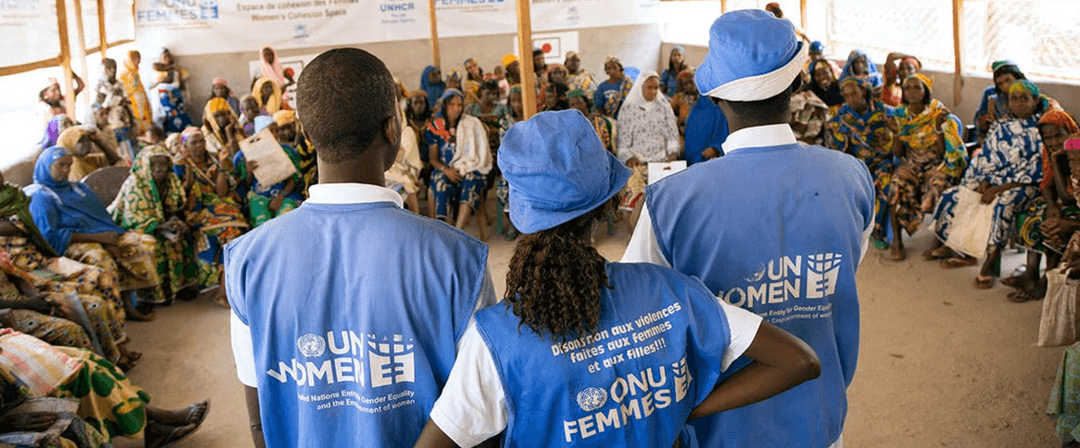Audit Reveals Weaknesses in the Oversight of UN Women's Partners
By Secom / Serint

A performance audit conducted by the UN Board of Auditors identified significant weaknesses in the administration and oversight of UN Women's partners, responsible for implementing field programs. The report highlights risks to project effectiveness and the organization's accountability.
The analysis revealed deficiencies in the processes used to assess the capacity of partners during the selection phase, as well as inconsistencies in the monitoring of project activities and results. Auditors also noted that delays in submission of financial reports by some partners represent a challenge to the organization's management and accountability.
These shortcomings may undermine program effectiveness, create financial and operational risks, and affect the delivery of results to beneficiary populations. Partner management is a critical component for UN Women, which relies heavily on local organizations to implement a substantial portion of its programmatic activities.
The Board of Auditors recommended that UN Women strengthen its partner selection and assessment procedures and enhance its monitoring mechanisms, especially those carried out by second-line monitoring, which was found to be weak.
The audit covered UN Women's operations across two continents: Africa and Asia. In Africa, it encompassed the Kenya Country Office and the Regional Office for Eastern and Southern Africa. In Asia, the audit included all country offices under the Regional Office for Asia and the Pacific, located in Thailand.
Why it matters
Partnerships with civil society organizations, governments, and other local entities are a central pillar of UN Women's operational strategy. These partners are often the ones implementing projects that directly reach communities and adapt actions to local realities.
In 2024, UN Women supported programs that reached millions of women and girls in more than 90 countries, advancing economic empowerment, ending gender-based violence, and promoting political participation.
With an annual budget exceeding US$500 million, funded by voluntary contributions, the organization must demonstrate rigorous management practices to ensure both donor confidence and tangible impact for the populations it serves.